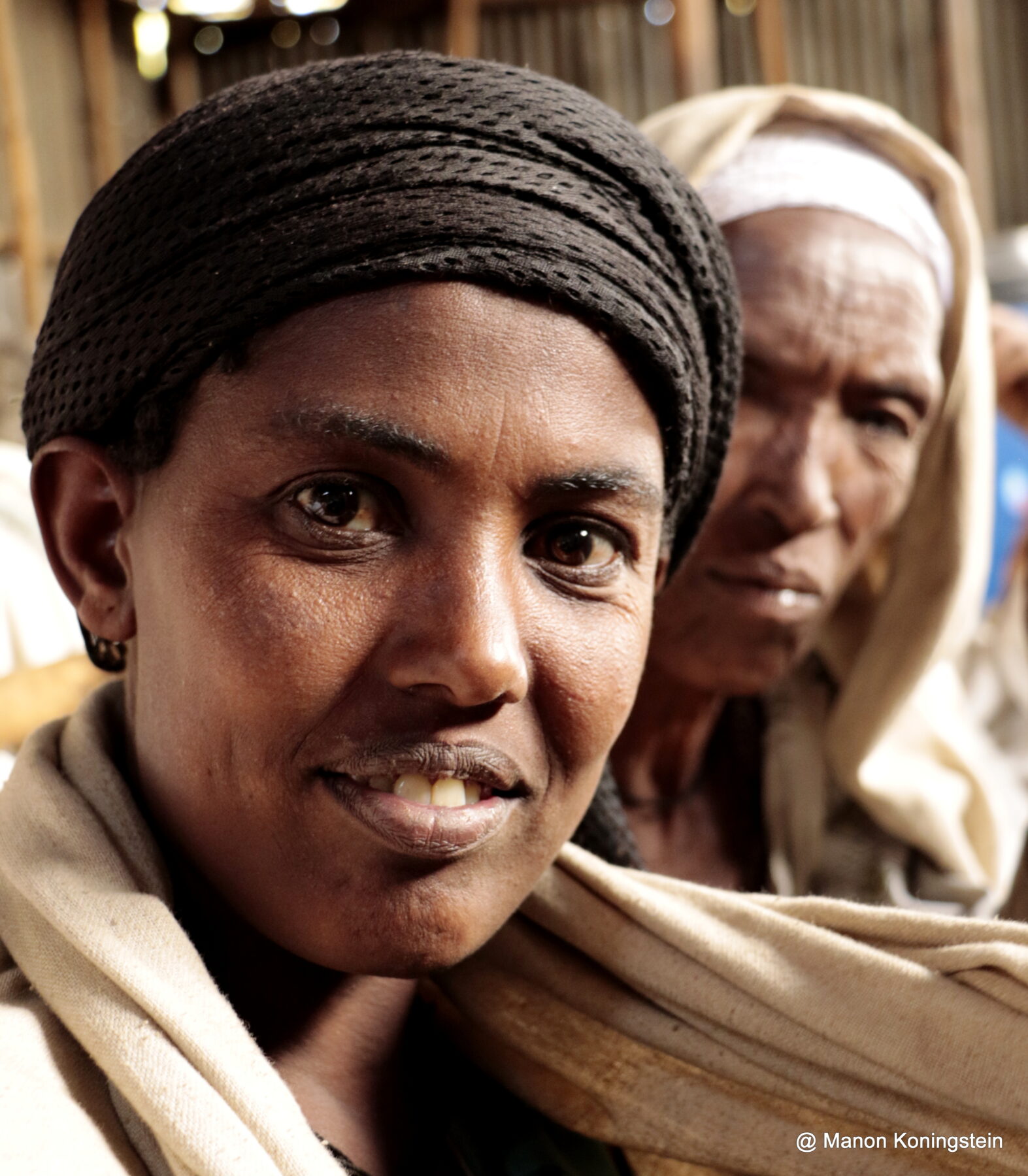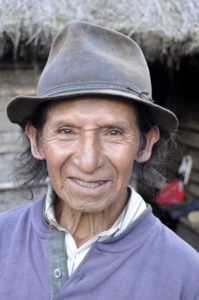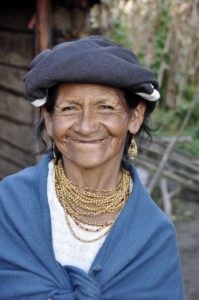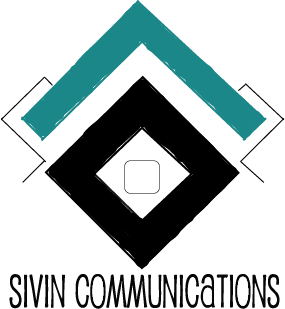Gender. Sensitive. Communications. Three buzz words, but what do they mean?
04 Jun 2018, Posted by in News
I have the feeling that ´Gender´nowadays seems to be one of those buzz-words. Apparently you cannot talk about a research or development project anywhere without including some gender-sensitiveness or something similar in there. And believe me, I think this is great and I am happy to see this development. But is it real? Can we ´just´ include ´gender´ because it´s asked for? Just interview some women as well, and done? Are we sure we are using it right? Honestly, I cannot give you the answers to those questions, but I do can share some of the lessons I have learnt of having worked on the communications side of different gender-integration teams various research for development organisations and how I think we can all contribute a little to avoiding the reinforcement of gender stereotypes and giving a face to gender inclusion in your communication efforts.
Let´s start the following way: think back about the last 5 times that you wrote a story, published something or any other kind of communication output..
Did you interview both men ánd women?
Did you use a photograph that does not reinforce gender stereotypes?
When you decided to give it a ´gender´ twist, did you use only pictures with women in it? And did you at all mention man? Or was it just a story from a woman?
Did you use “he”, “him” or “his” in a general manner? (for example, when a farmer uses weather reports, he will be able to have higher yield..)
Lessons learnt
Most importantly, Gender is not about Women Only!!! When you write a gender inclusive piece, include the opinions and stories of both women ánd men. Include pictures of both women ánd men (or together, even better). Include the opinions of both men ánd women experts!
Also, do not portray women as victims. Victims of climate change, of deforestation, of flooding, etc. Try to put to focus on them as agents of change and the positive side (without changing the story of course).
Related to this, at all cost, avoid the so called Zombie Stats. Those are stats that are often used, but are not scientifically proven, such as: women own less than 1% of the property, produce 60-80% of the world´s food, etc.
Use gender- sensitive language. For example, avoid words such as “mankind” and use “humanity, human beings, people” instead or “artificial materials” instead of “man-made materials”;
Describe a woman as her own person, and not in relationship to someone else. For example, not, ´Laura, Diego Alvaro´s wife, mentions that…´ Laura, ´farmer in the village of Los Flores, mentions that…´
Eliminate stereotyping, let´s try to bring in a fresh perspective and avoid for example that “men need to handle agricultural machinery” or “women are ‘naturally’ responsible for child nutrition”.
However, it is important to mention though, that in your intends to do so, we also should not be changing the story, and thus depicting a society that does not exist. ¨Where prejudice and disadvantage exist we need to report and reflect them But we should do nothing to perpetuate them” as mentioned in the BBC Guidelines. Read more about the BBC guidelines here.
Do you want to know how we see gender in our communications, click for more info here
What do you think? Anything to add?

Photocredit: Manon Koningstein

Photocredit: Manon Koningstein
